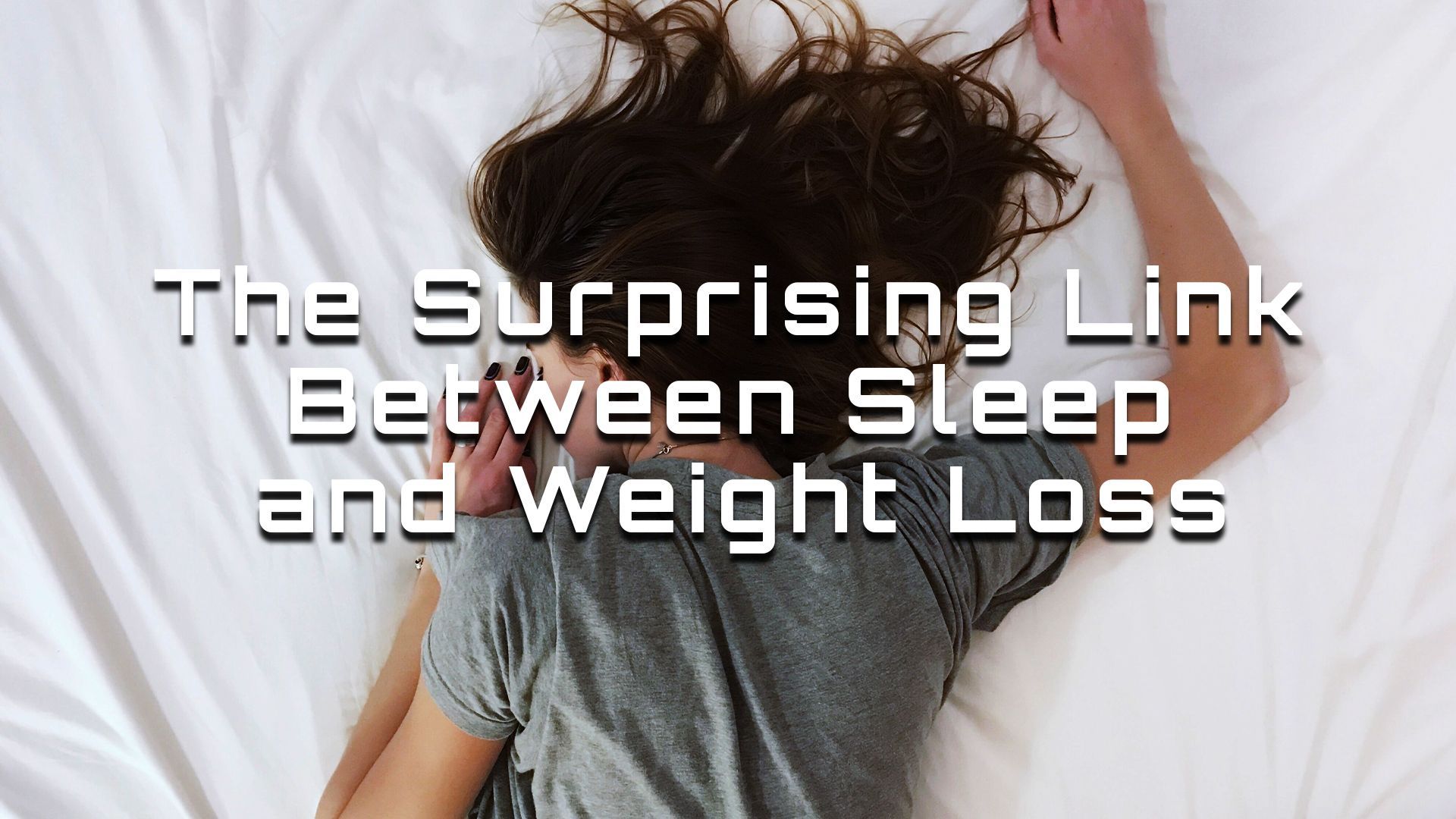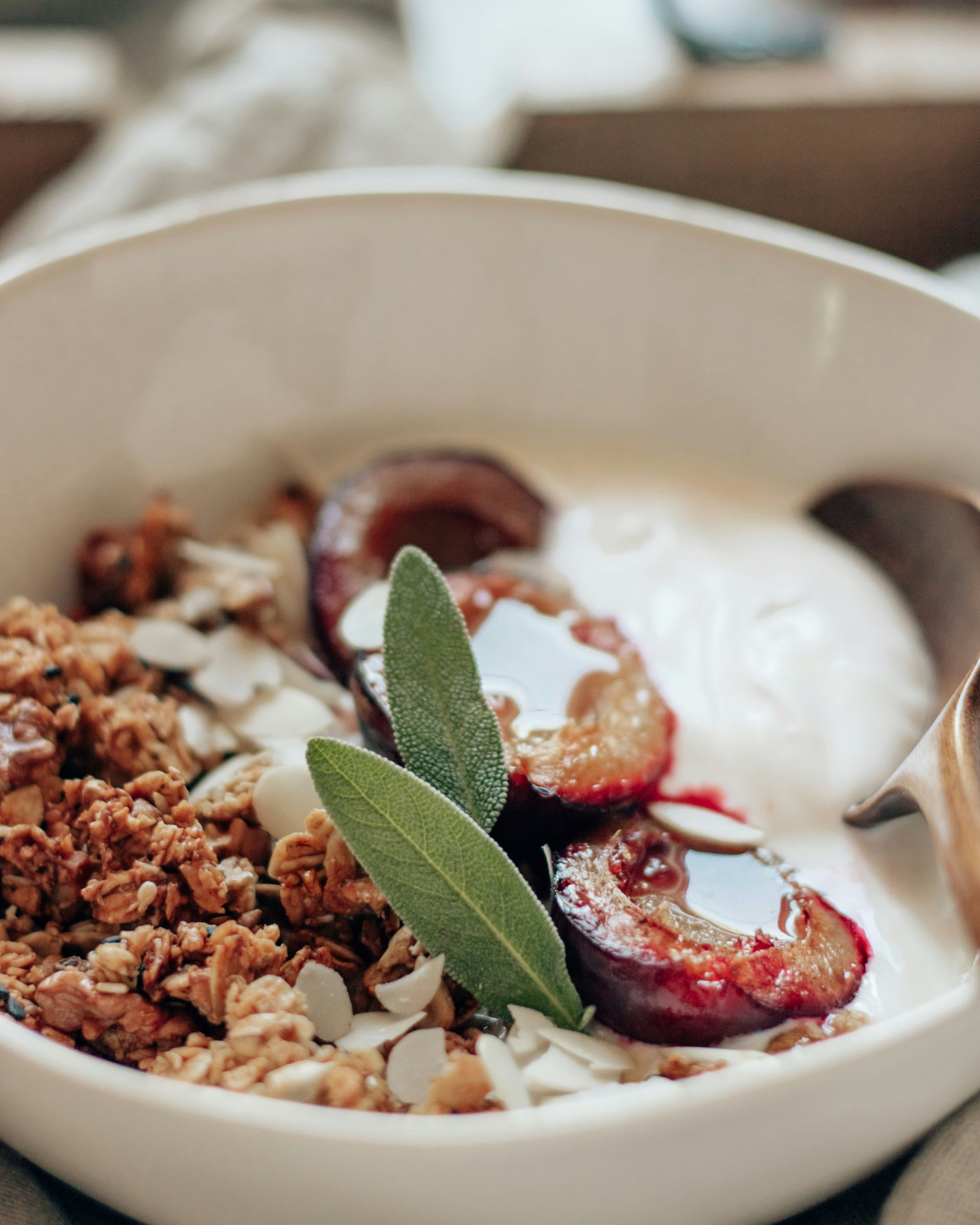
Sleep is an essential component of a healthy lifestyle. It allows our body to recover and rejuvenate, which is why experts recommend adults get between seven and nine hours of sleep per night. However, did you know that sleep also plays a critical role in weight loss? That's right! There is a surprising link between sleep and weight loss that you may not be aware of. In this article, we will explore this connection and provide you with tips on how to improve your sleep to support your weight loss journey.
The Science behind Sleep and Weight Loss
Numerous studies have shown a strong correlation between sleep and weight loss. In fact, a lack of sleep is associated with weight gain and obesity. But why is this the case? The answer lies in the hormones that regulate our appetite and metabolism.
Leptin and Ghrelin are two hormones that play a critical role in regulating our hunger and fullness signals. Leptin is produced by fat cells and suppresses appetite, while Ghrelin is produced by the stomach and stimulates hunger. When we don't get enough sleep, our body produces more Ghrelin and less Leptin, causing us to feel hungrier and less satisfied after eating.
Additionally, sleep deprivation can affect our metabolism by reducing the number of calories we burn at rest. This is because our body's ability to regulate insulin, a hormone that regulates blood sugar levels, is compromised when we don't get enough sleep. As a result, our body stores more fat, which can lead to weight gain over time.
Tips for Improving Sleep to Support Weight Loss
Now that we understand the science behind sleep and weight loss, let's explore some tips for improving your sleep to support your weight loss goals.
Stick to a sleep schedule
It's important to establish a consistent sleep schedule by going to bed and waking up at the same time every day. This helps regulate your body's internal clock and improves the quality of your sleep.
Create a relaxing sleep environment
Make your bedroom a peaceful and relaxing environment. Keep your bedroom cool, dark, and quiet, and consider investing in comfortable bedding and pillows to promote better sleep.
Limit caffeine and alcohol
Caffeine and alcohol can disrupt your sleep and make it more difficult to fall asleep or stay asleep. Try to limit your intake of these substances, especially in the hours leading up to bedtime.
Incorporate regular exercise
Exercise is a great way to improve the quality of your sleep and support weight loss. Aim to get at least 30 minutes of moderate-intensity exercise each day, but be sure to avoid exercising too close to bedtime.
Consider a sleep supplement
If you are still struggling to get a good night's sleep, consider taking a sleep supplement like melatonin. However, it's important to consult with your healthcare provider before taking any supplements.
Conclusion
In conclusion, sleep plays a critical role in weight loss. Lack of sleep can lead to increased appetite, decreased metabolism, and weight gain. By prioritizing sleep and following the tips we've provided, you can improve the quality of your sleep and support your weight loss journey. Remember, getting enough sleep is just as important as diet and exercise when it comes to achieving a healthy weight and overall wellness.
Check out my previous blog "3 Fat Loss Myths Debunked" for more guidance on weight loss!
#ruislip #personaltraining #fitness #health #weight #loss #pinner #coach #pt

Start Today!
Ready to transform your fitness journey? Take the first step towards achieving your goals with personal training!
My take on Health and Fitness



